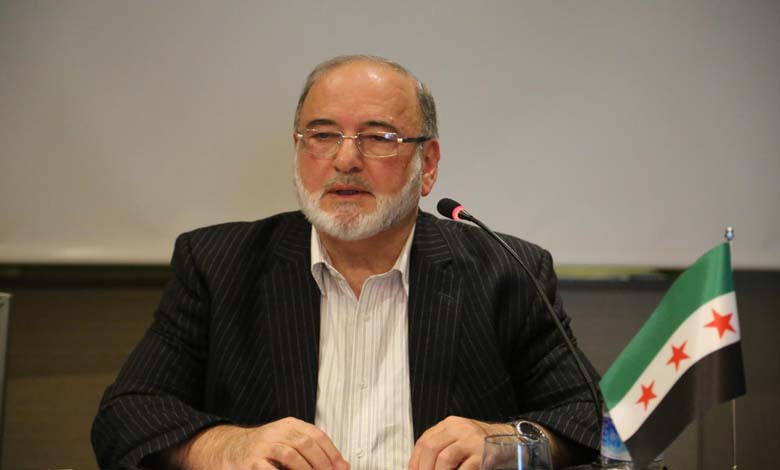Have the Muslim Brotherhood Lost Their Last Card in the Syrian Arena?

Political researcher and analyst Rami Khalifa Al-Ali asserted that the Muslim Brotherhood is now experiencing repeated setbacks following the fall of Bashar al-Assad’s regime and the rise of President Ahmad Al-Sharaa to power in Syria. He pointed out that the Brotherhood has failed to establish any political or ideological foothold in the new Syrian state.
-
Libyan Muslim Brotherhood Member Incites Armed Resistance Inspired by Syrian Factions
-
The Muslim Brotherhood Attempts to Claim Credit for the Syrian Revolution’s Victories
In an article published on Tawasul news network, Al-Ali explained that the Brotherhood “deluded themselves into thinking that the moment of change in Damascus represented a historic opportunity to reposition themselves within the Syrian state.” He added that the group “welcomed the change with superficial enthusiasm, yet quickly sought to impose its discourse and ideological agenda—even within symbolic spaces like the Umayyad Mosque.”
Al-Ali emphasized that the new Syrian administration had no intention of allowing any party to “hijack national decision-making or impose ideological guardianship over the state,” and that the leadership took firm action to exclude individuals who tried to expand under religious or political banners.
-
Where Are Syria’s Muslim Brotherhood Headed? And What Is al-Sharaa’s Position Toward the Group?
-
Will Al-Sharaa Renew His Relationship with the Muslim Brotherhood or Exclude Them from the Political Scene?
He noted that what is happening today reflects the Brotherhood’s deep-seated disappointment, as the group is now “rejected both socially and politically—not only by the Syrian public, but also by most Arab capitals, which have grown weary of the failures of political Islam.”
He added that Damascus’ reintegration into the Arab sphere and its distancing from Tehran—especially following the recent war in Israel—have revealed the depth of the crisis facing the Brotherhood. “Today, the Brotherhood finds itself in a trench that resembles neither them nor the new Syrian state. Instead of reassessing their failed project, they attack the current leadership,” he stated.
-
Syrian Coast Events: Commitment to “Accountability” and Arrest of Suspects
-
Are the Muslim Brotherhood Politically Sacrificing Al-Joulani to Seize Power? What Is Their Plan in Syria?
Al-Ali concluded by affirming that Syria, under Ahmad Al-Sharaa’s leadership, “is not seeking partners in chaos and division, but in reconstruction,” adding that “the Brotherhood’s current attacks are further proof of their inability to accept the presence of a sovereign state with independent decisions and a balanced Arab stance.” He stressed that past experiences show the Brotherhood “views the state as a tool for domination, not a framework for national development.”












